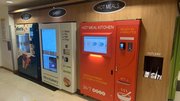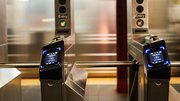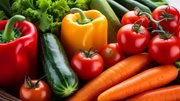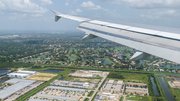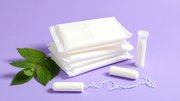Coffee Service
Is specialty coffee on a post-pandemic rebound?
Research indicates that the pandemic led to a decline in specialty coffee consumption, which holds an important role in overall coffee consumption. Coffee resellers will have to access out-of-home buying opportunities to reclaim this customer.
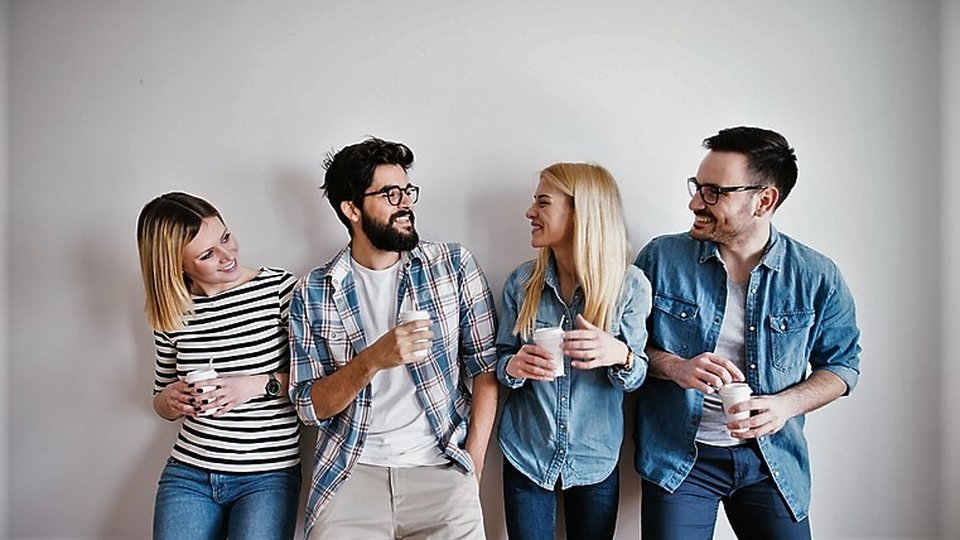
June 9, 2021 by Elliot Maras — Editor, Kiosk Marketplace & Vending Times
Has the coronavirus pandemic changed consumers' coffee consumption habits?
Convenience services operators noticed a significant decline in their OCS sales since offices, more than any other customer segment, shut down during the pandemic.
While the loss of OCS sales did not reflect a drop in overall consumer coffee consumption, industry observers naturally want to know if pre-pandemic consumption habits will return as workplaces reopen.
To assess the pandemic's impact on coffee consumption, the National Coffee Association and the Specialty Coffee Association of America jointly conducted an online consumer survey in January to measure consumption habits during the pandemic. A follow-up survey is planned for July.
The two associations' newly released consumer insight report, "Coffee, Consumers and COVID-19, Roadmap to Recovery," points to some changes in consumer habits for coffee resellers to consider.
Overall consumption holds steady
 |
The good news is that 58% of Americans aged 18 and older had at least one cup of coffee in the past day. This has been steady over the years, even during the pandemic, Sheryl Hung, vice president of research at Dig Insights, said during an NCA webinar on the research.
"When you compare to other types of beverages that we track in the NCDT (National Coffee Data Trends), coffee continues to be the top consumed beverage within the past day," Hung said.
The more concerning news is that specialty coffee consumption — which has been a key driver of coffee consumption in recent years — showed some weakening, which most likely was impacted by the closures of out-of-home occasions caused by the pandemic.
Past-day penetration of specialty coffee softened from 39% in January 2020 to 36% in January 2021. Looking back even further to pre-pandemic levels, specialty coffee penetration within the past-day was at 41% in 2017-2018.
"It is showing a downward trend," Hung said. "Many of the shifts we've seen in coffee impact the out-of-home penetration."
Traditional coffee consumption, by contrast, which refers to coffee brewed from non-premium beans, has been steady for the past few years — 29% of Americans had at least one traditional coffee in the past day.
Specialty coffee for the purposes of the study consists of espresso-based beverages — cappuccinos, lattes and non-espresso based beverages (frozen blended coffee, cold brew and nitrogen-infused coffee).
Specialty coffee also includes a subsegment called TCS — traditional coffee specialty — referring to traditional coffee brewed through premium coffee beans, as well as ready-to-drink coffee.
The TCS subsection is where the change is occurring. In 2017, 16% of consumers said they drank a TCS coffee while only 9% said so in January of 2021.
 |
| Sheryl Hung |
"It is this TCS category that is driving the weaker numbers that we're seeing for this specialty category," Hung said. "It's not that consumers are drinking less specialty coffee, but that we may be seeing a shift in consumer perception. Maybe fewer consumers are simply perceiving their coffee to be premium, which may mean that consumer standards are becoming higher."
In comparing consumption of traditional to specialty coffee, specialty coffee commands more consumption since the category includes a larger number of beverages.
Last September, the NCA found fewer consumers were drinking espresso based beverages — 20% of consumers had one espresso based beverage in the last day, marking a 4-point dip from pre-COVID-19.
Then in January of 2021, it rose 2 points.
More people are being vaccinated, Hung said, meaning past-day consumption could increase.
"A pandemic doesn't stop consumers from getting their specialty beverages," Hung said.
The non-espresso based beverage category has held steady during the pandemic, despite the fact that most frozen blends and nitrogen infused coffee is prepared out of home.
In exploring consumption by day part, specialty coffee is particularly relevant during post morning occasions.
During breakfast, the split between traditional and specialty coffee is almost even. During lunch and evening, however, specialty plays a larger role.
Who are specialty coffee consumers?
Specialty coffee consumers do tend to be more urban people with kids in the home. They also tend to be under 40 years old.
Hispanic and Asian Americans drink more specialty coffee than other consumers. 22% of specialty drinkers identify as Hispanic American versus 18% of the overall U.S. population.
Specialty and non-specialty coffee drinkers differ in what additives they use in their beverages.
"Not surprisingly, specialty drinkers are less likely to whiten or not add anything to their beverages, or more likely to dilute, with 9% saying they added water," Hung said.
 |
Because specialty beverages are more often consumed out of home, it is not surprising that exclusive specialty coffee drinkers had coffee prepared out of home.
Where only 10% of exclusively traditional coffee drinkers had coffee prepared outside the home, 32% of exclusively specialty coffee drinkers did.
Specialty coffee drinkers are also more likely to use the drive-thru, utilize curbside pickup, order using an app and have coffee delivered when buying coffee.
Just over half of exclusively specialty coffee drinkers said they miss the social aspects of going to coffee shops and cafes. Just as many also said they miss treating themselves with specialty coffee.
"Basically, what this tells us is that specialty does more than just wake us up in the morning, and that in a post-COVID world, we can reasonably expect to see specialty coffee drinkers catching up on lost time," she said.
Exclusively specialty coffee drinkers were also found to be more experimental.
And they are also more interested in social equity issues.
"60% of exclusive specialty drinkers say they will definitely or probably buy coffee if it had fair price paid to the farmer labeled on it," Hung said, while 58% said they would buy it if it were grown in an environmentally sustainable way.
"Whether it is social, environmental or product claim, we generally found the specialty coffee drinker is much more engaged with the coffee category than a traditional coffee drinker." Hung said.
For an update on how the coronavirus pandemic is affecting convenience services, click here.
Images courtesy of the National Coffee Association.
About Elliot Maras
Elliot Maras is the editor of Kiosk Marketplace and Vending Times. He brings three decades covering unattended retail and commercial foodservice.
 ChatGPT
ChatGPT Grok
Grok Perplexity
Perplexity Claude
Claude